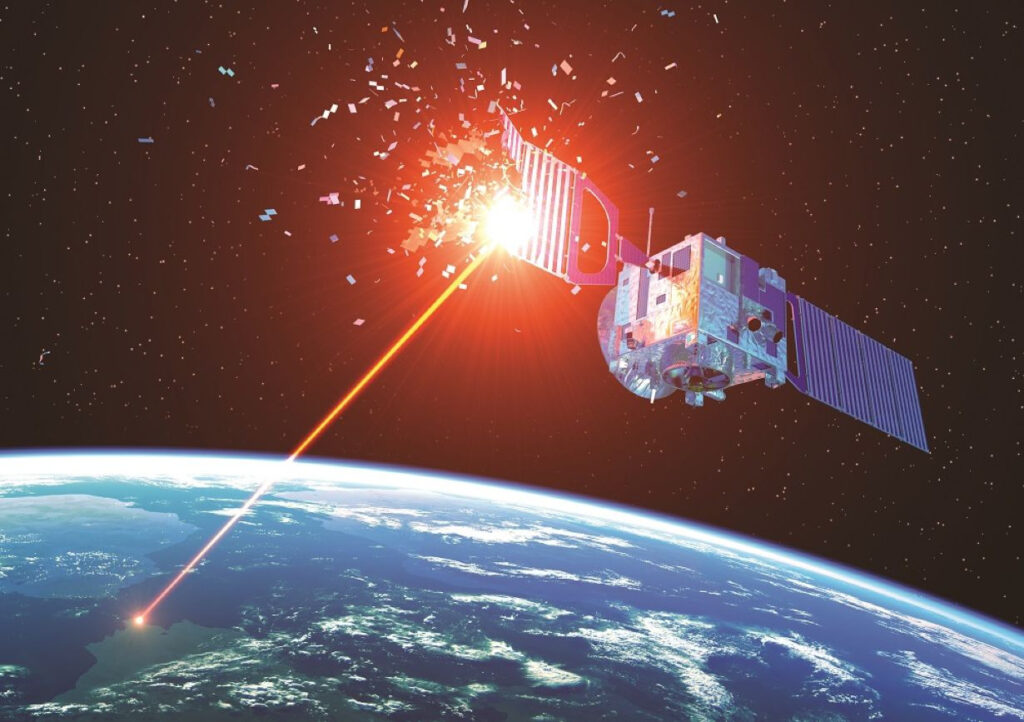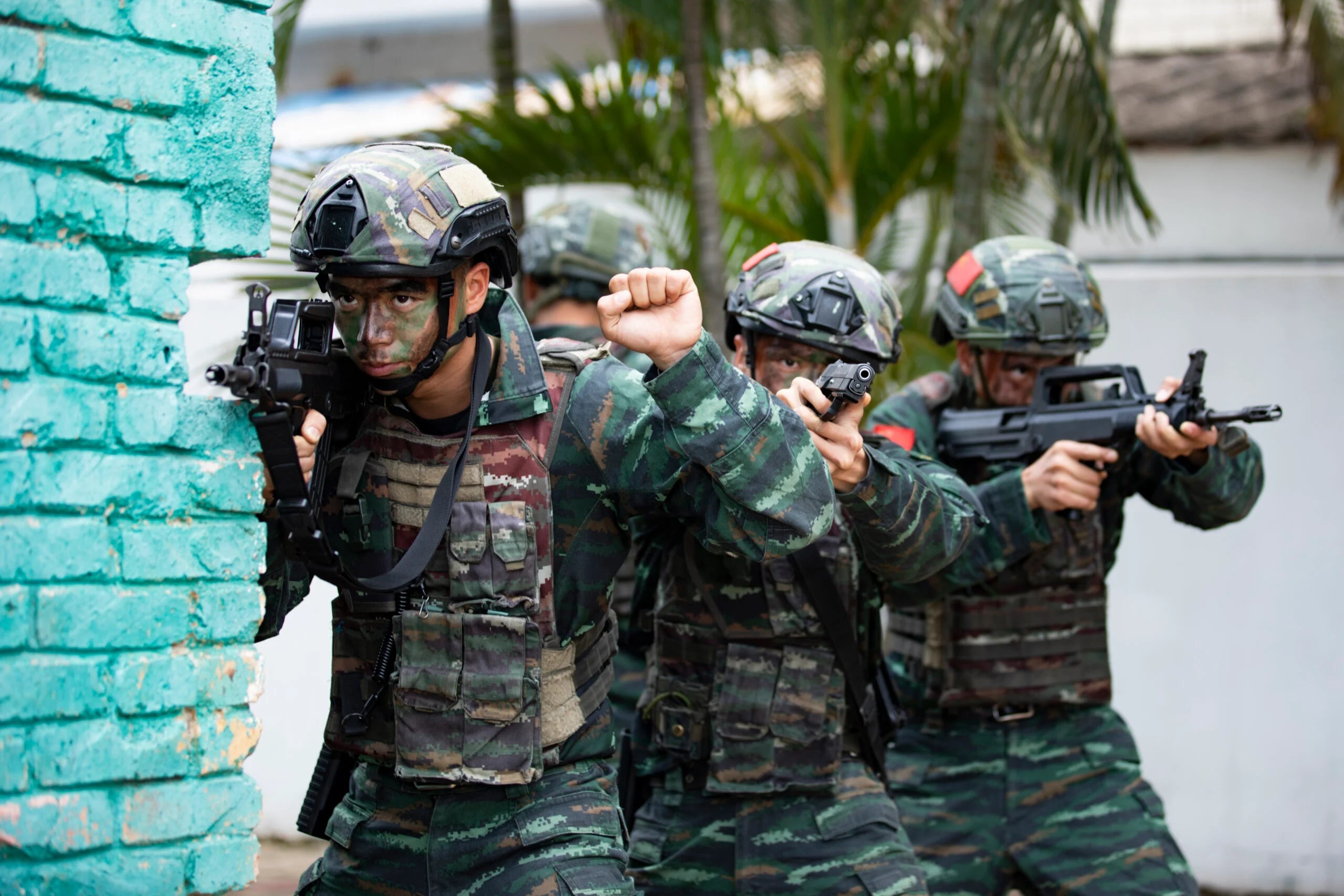As the likelihood of a conflict between the United States and China grows over Taiwan, some Pentagon officials have now warned that if China invaded Taiwan, “war could very well kick off in outer space.”
According to multiple Pentagon sources quoted by American television journalist Norah O’Donnell in a recent CBS broadcast aired on March 19, hostilities could also start in outer space if China attacks Taiwan.
The officials made this prediction in a “60 Minutes” episode on Taiwan about the status of the US Navy amid China’s military buildup. The officials noted that Washington and Beijing will aim to destroy each other’s satellites that “enable precision-guided weaponry.”
They went on to say that this might be followed by cyber strikes on US cities and sabotaging US West Coast ports.
The US Pacific Fleet commander, Samuel John Paparo, was questioned by O’Donnell about what the US would do if a more severe crisis broke out in the South China Sea or with Taiwan.

Paparo responded, “We’ll hope that they’ll answer the phone. Else, we’ll do our very best assessment based on the things that they say in open source and based on their behavior to divine their intentions. And we’ll act accordingly.”
When asked to name the most threatening aspect of China’s military modernization during the previous two decades, USN Admiral Michael Gilday responded that, in addition to the increase of China’s conventional forces, the expansion of its cyber and space capabilities is also alarming.
Gilday further explained that the United States is concerned about how the People’s Liberation Army Navy is forcing other countries’ fleets out of particular areas of the South China Sea and that rather than adhering to international law, “they [PLA Navy] want to control where those goods flow and how.”
In the past few months, tensions between the United States and China have risen dramatically. On January 28, a suspected Chinese spy high-altitude balloon was sighted in American airspace and went across multiple states before being taken down by a missile on February 4 this year.

Taiwan President’s Visit To The US
As Taiwan’s president prepares to travel to the United States, the Biden administration has asked China not to use the trip to inflame tensions.
In the upcoming weeks, Taiwan President Tsai Ing-wen intends to make stops in New York and Los Angeles en route to and from official visits to Guatemala and Belize.
On March 21, the presidential office officially confirmed Tsai’s plans, which include a two-night visit to New York starting on March 29 and another two-night stop in Los Angeles beginning on April 4 before returning to Taiwan.
Since taking office in 2016, President Tsai has successfully made such stops without much of China’s response, according to the US official. Among those scheduled to meet Tsai in the United States is House Speaker Kevin McCarthy, who has advocated for a tough stance towards Beijing.
Beijing considers Taiwan a part of its territory and has not ruled out using force to seize control of the island.

In response to Nancy Pelosi, McCarthy’s predecessor, visiting Taipei in August 2022, Beijing conducted live-fire drills near Taiwan. Beijing considered the visit by a senior US official to be an infringement of both its sovereignty and the one-China policy.
Taiwanese Defense Minister Chiu Kuo-cheng has warned that if McCarthy visits Taiwan, Beijing may send warships close to the island, potentially sparking an unexpected clash.
The US State Department in Washington said that high-level transits by Taiwanese officials align with US policy that has been in place for a while, as well as unofficial and solid ties with Taiwan.
A senior US official said, “We see no reason for Beijing to turn this transit, again, which is consistent with long-standing US policy, into anything but what it is. It should not be used as a pretext to step up any aggressive activity around the Taiwan Strait.”
Notwithstanding the current tensions, President Biden has said he expects to speak with President Xi Jinping. However, there is no scheduled time frame for this discussion, and Chinese officials have suggested it might not happen until after Tsai’s trip.
Source : Eurasian Times


